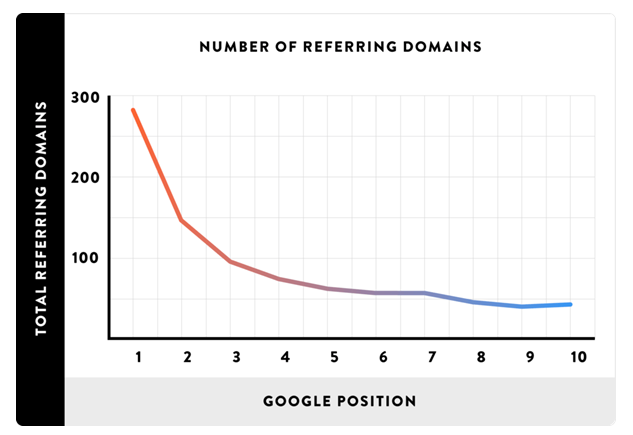Does guest posting for backlinks really work?
There have been a lot of changes to search engine algorithms in recent years. While link building was once the primary strategy for SEO, these changes have led to regular old backlinks losing a lot of their power. This means you need to do a lot more than getting links from any old website to rank higher in search engines.
Let me explain.
Backlinks are still one of the ranking factors that Google and other search engines use to determine how relevant a piece of content is for their search rankings.

When other reputable, high ranking websites link back to yours, Google uses it as an important ranking signal that you’re a reputable, reliable website as well.
However, not all backlinks are created equal. The Search Engine Journal notes that there are several elements required to define a backlink as relevant:
- The backlink must be from a site that has a consistent readership and traffic flow.
- The site should have an established editorial staff.
- The post must rank well for all relevant keywords in its industry.
- The article must offer a lot of value to readers.
- The site should be considered an authority in the industry.
- The site and content should be relevant to the page it links back to on your own site.
All things considered, guest posting remains an effective way to build credibility for your brand and grow its domain authority. However, you need to consider a lot of factors to create a backlink that Google will recognize. To make sure that your efforts to build backlinks reap its rewards, take note of the following:
1. No Keyword Stuffing
Packing your content with targeted keywords and phrases is a clear sign to Google that you’re attempting to make your page rank higher using shady SEO techniques. Google is pretty smart these days, and any attempt to stuff keywords in your content will be flagged and penalized.
Remember that content always has to add value to your audience, so always prioritize quality and readability.
2. Always Write Unique Content
Publishing similar content across different websites is a red flag for Google. Make sure that every post you create not only provides value, but that it also delivers unique, relevant information to your intended audience.
3. Long-Form Content Works Better Than Short-Form Content
Different websites have different guest posting requirements. By and large, following these requirements will raise your chances of getting published. However, in addition to their guest posting guidelines, you should also consider the fact that longer posts that feature a mix of multimedia elements are more engaging. According to a study, long-form content tends to get more social media shares while acquiring over 77% more backlinks.
Of course, while lengthier posts tend to do better, the content should still be valuable and relevant. Aim for anywhere between 1,000 to 2,000 words.
There you have it. Hope my answer helps! If you have any questions, feel free to send me an email and I’ll get back to you as soon as I can.
Share This Story
Get the latest growth ideas, strategies, and best practices delivered to your inbox.
Quick read that helps 7000+ subscribers.






